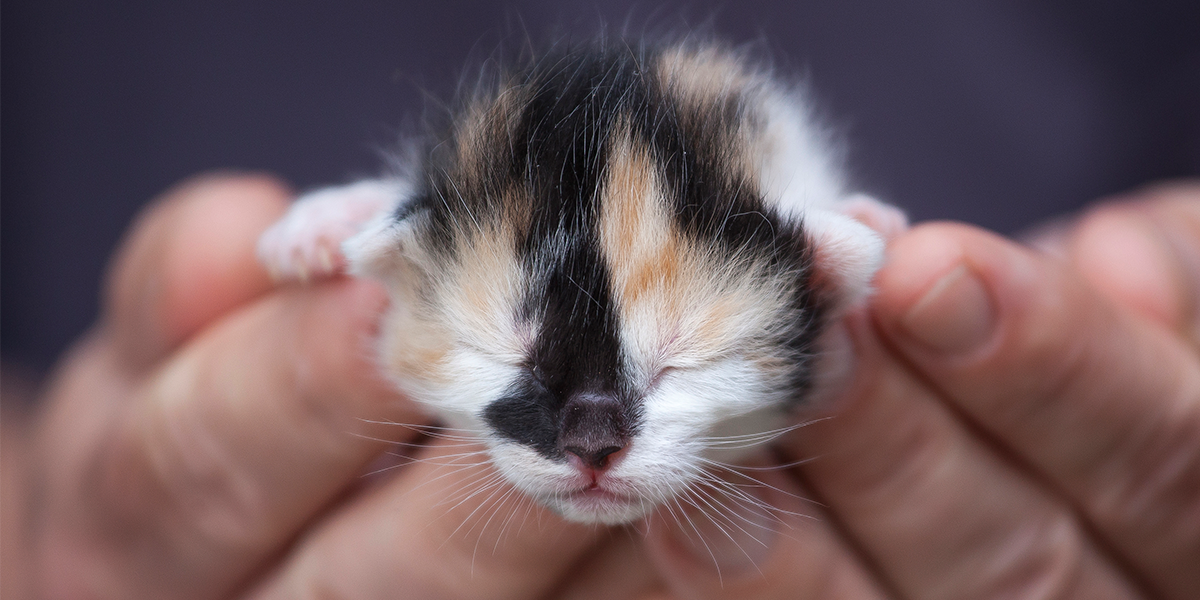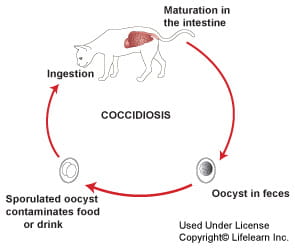coccidia in cats uk
Coccidia have a sexual and an asexual phase to their lifecycle and sometimes these occur in different host species as with Sarcocystis in other cases eg. Coccidia are not parasitic intestinal worms.

Companion Animal Parasite Council Coccidia
In cats most coccidia are of the genus group called Isospora.
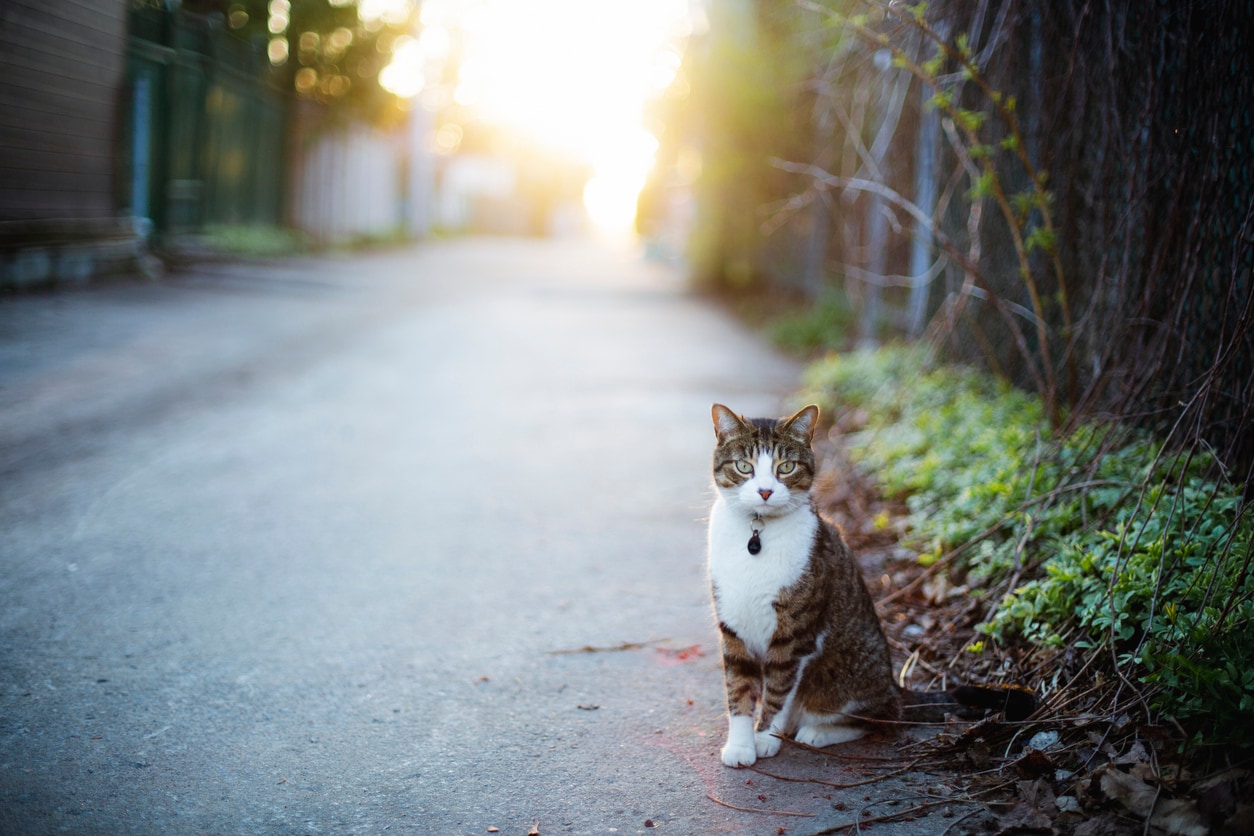
. Coccidiosis is also transmitted to dogs and cats by ingestion of transport hosts predation containing extraintestinal stages. Coccidia Lives in the Intestines of Cats and Dogs and Causes Watery Diarrhea What on Earth are Coccidia. Most people may consider coccidia to be worms but they are not worms and may not be treated using deworming medication.
They are microscopic parasites which may be diagnosed with the help of a routine fecal test. Coccidiosis is an intestinal tract infection caused by a one-celled organism a protozoa called coccidia. Coccidia are tiny single-celled parasites that live in the wall of your cats or dogs intestine.
In cats and dogs most coccidia are of the genus called Isospora. Cats become infected by swallowing soil that contains coccidia or other substances in the environment that may contain cat feces It is also possible that. Or dosage 3 20mgkg as a single dose dogs n16 cats n23 in shelter-housed dogs n43 and cats n64 with confirmed coccidiosis.
Symptoms of coccidia are usually seen in kittens less than 6 months of age or adult cats with weak immune systems but coccidia can be present in cats of any age and breed. Dosage 2 50mgkg as a single dose dogs n13 cats n25. Usually coccidiosis is associated with other infectious agents immunosuppression or stress.
Up to 10 cash back Coccidia are a group of microscopic parasites that can cause a disease called coccidiosis in kittens and cats. Coccidia are single-celled organisms that infect the intestine. Coccidia are capable of surviving long periods of time outside of the cats body.
Because coccidia live in the intestinal tract and can cause diarrhea they are often confused with intestinal worms but. Coccidia in cats are one-celled parasites that live in the intestinal lining of animals and cause an infection known as coccidiosis. It is a common infection.
Excessive tiredness or sleeping Weight loss Fever. These often cause an intestinal-tract infection called coccidiosis 1 2. Signs of a possible infection with Toxoplasma may include no signs at all or the cat may display signs such as.
The parasite travels into the intestinal lining cells of the cat where it matures over about 2 weeks into oocysts rupturing the cells and causing intestinal damage. Diagnosis Treatment and Control. A negative result is not a definite indication that your cat doesnt have the disease and it may be necessary to repeat fecal examinations.
The causative organism is a microscopic spore-forming single-cell protozoa called coccidia. Coccidia is a protozoan that infects the intestinal tract of cats and other species and causes coccidiosis. Symptoms include watery stool with mucus or blood fever and in some cats neurological.
Feline coccidia are acquired by ingestion of sporulated oocysts from contaminated environments. Kittens and older cats that are stressed or have a weak immune system are more likely to be affected by coccidia 1 2. Coccidia infections develop when a cat swallows oocysts immature coccidia that are found in infected feces or any environment contaminated with infected feces.
If an otherwise healthy cat presents with coccidia it may also be worthwhile performing routine blood and urine. What Is Coccidia in Cats. Signs of coccidia in kittens include watery or mucusy diarrhea that is sometimes streaked with blood.
It is a single-celled organism and while it isnt a worm or an egg it is still a type of intestinal parasite. Coccidia causes a bloody diarrhea that can be severe enough to be life threatening for a small animal. Coccidia Infects Intestines of Cats and Dogs - Veterinary Partner - VIN VP You Might Like Coccidia are parasites that commonly infect young animals housed in groups.
They are microscopic parasites detectable on routine fecal tests in the same way that worms are but coccidia are not worms and are not susceptible to deworming medications. Coccidiosis is a parasitic disease affecting a variety of animals especially mammals and birds. Coccidiosis as Im sure youre aware can be a challenging issue in kittens.
Coccidia in cats are one-celled parasites that live in the intestinal lining of animals and cause an infection known as coccidiosis. These sporulate over a period dependent on climatic conditions taking longer in cold weather. Canine coccidia will not infect felines leading to passage of oocysts in feces.
23 August 2021 Coccidia are parasitic single-cell organisms that live within the intestine and can lead to an infection of the intestinal tract of the dog known as coccidiosis. Routine fecal examinations can detect the coccidiosis in cats. Coccidiosisis an intestinal tract infection caused by a one-celled organism or protozoacalled coccidia.
They are found more often in kittens but they can also infect older cats. Coccidia species recognised in sheep in the UK major pathogenic species in bold. The condition can also affect cats but it is not transmittable to humans.
Up to 20 cash back Coccidia are single celled organisms that affect an animals intestines. What are coccidia and coccidiosis in cats Coccidia are a group of single-celled protozoa found within the intestinal lining of kittens and cats. Isospora both phases occur in the same hostIn the case of cats infected with Isospora felis for example oocysts may be passed by the cat and reingested by the same or another cat or they may be ingested by an.
The sporulated oocysts release sporocysts containing sporozoites on ingestion and infect another host of the same host species. Coccidia are from the same class of organisms sporozoa that cause malaria. A severe infection of coccidia in kittens can cause weakness.
The aim of this study was to determine the efficacy of ponazuril paste at each of three dosages dosage 1 50mgkg q24 h for 3 days dogs n14 cats n16. Symptoms of coccidia are usually seen in kittens less than 6 months of age or adult cats with weak immune systems but coccidia can be present in cats of any age and breed. Coccidia are single-celled protozoan parasites that nearly all cats are exposed to in their lifetime.
If infected with coccidia cats may get a watery form of diarrhea. Isospora felisand Isospora rivoltaare the most common species of coccidia found in cats. Clinical coccidiosis although not common has been reported in kittens and puppies.
The most common clinical signs in severe cases are diarrhea sometimes bloody weight loss and dehydration. Isospora felis and Isospora rivolta are the most common species of coccidia in cats. Risk factors for coccidiosis include age young kittens at least 2 weeks of age but typically less than 6 months 1 stress always a challenge in a shelter and coinfection with other parasites.
In kittens it is seen primarily during weaning stress.
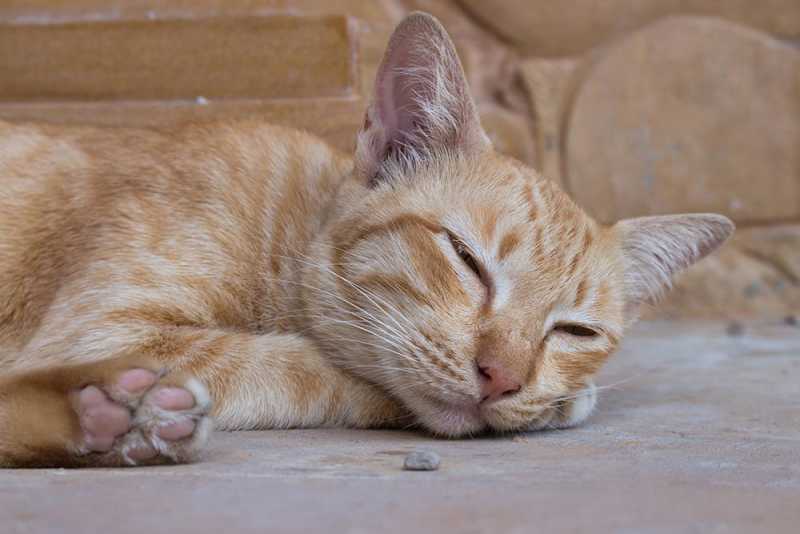
Coccidia In Cats Small Door Veterinary
Coccidiosis In Dogs And Cats And Other Animals
How To Help A Kitten With Diarrhea Your First Steps Petsradar
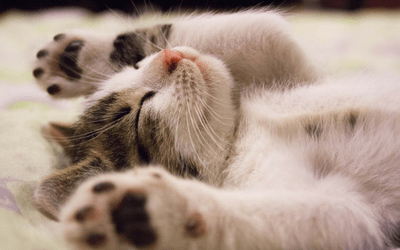
Coccidiosis In Cats Vca Animal Hospitals
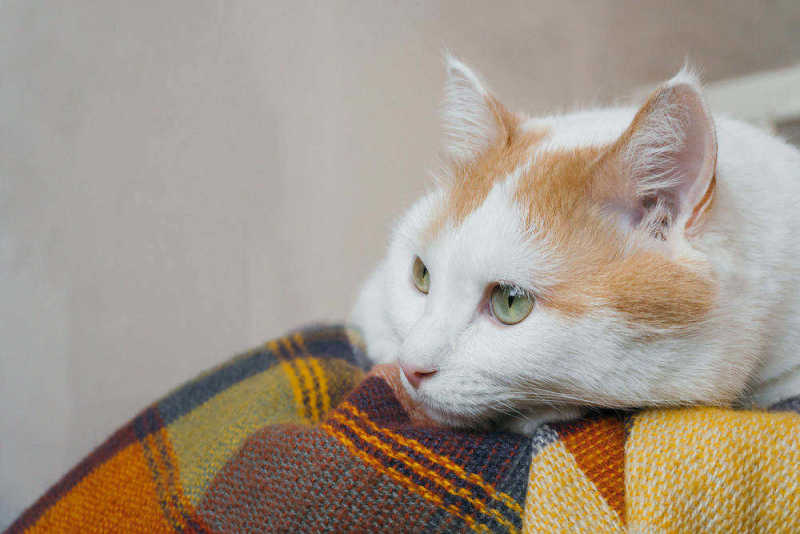
Giardia In Cats Small Door Veterinary
Coccidiosis In Dogs And Cats And Other Animals

Everything You Need To Know About Coccidia In Cats Petcarerx
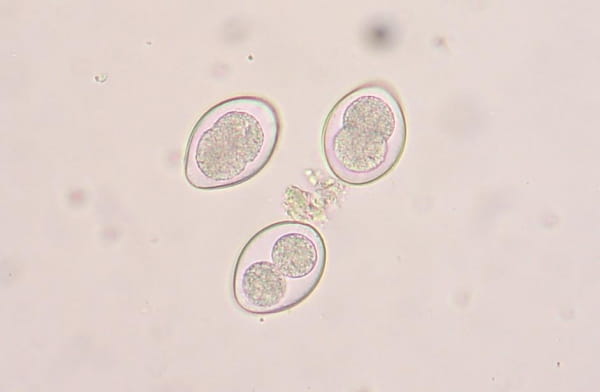
Coccidiosis In Cats Vca Animal Hospitals
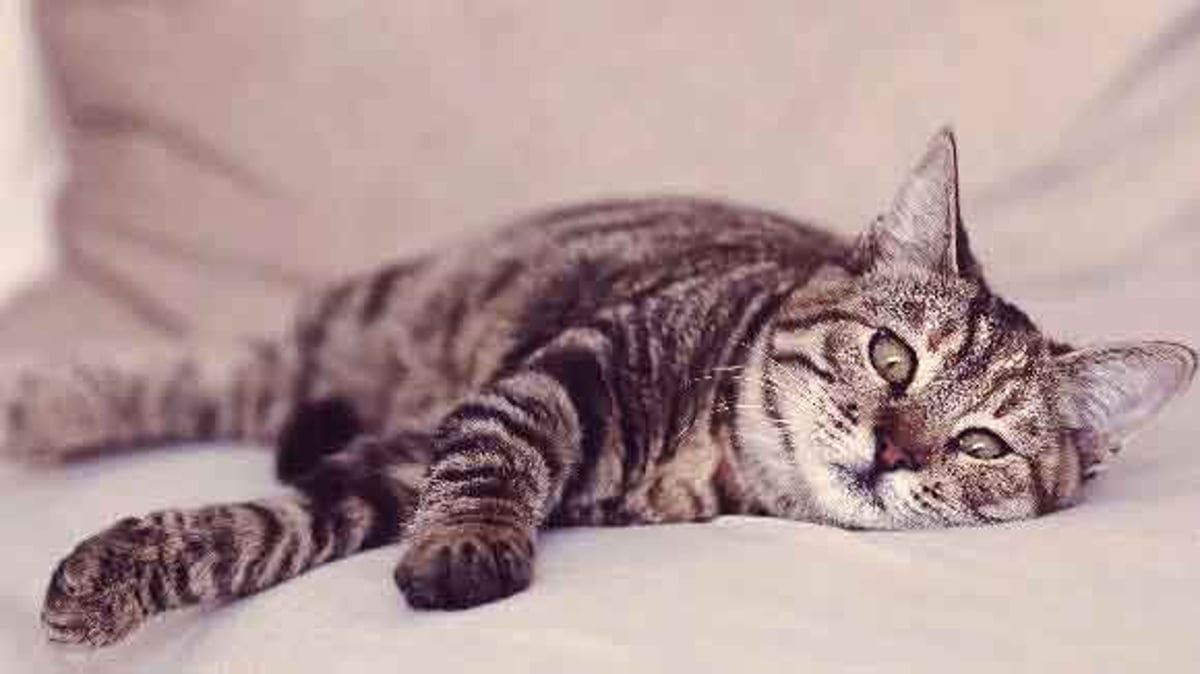
Everything You Need To Know About Coccidia In Cats Petcarerx

Coccidial Oocysts From Cat Feces A Unsporulated Oocysts Of Download Scientific Diagram

Most Common Parasites In Cats Wellesley Animal Hospital
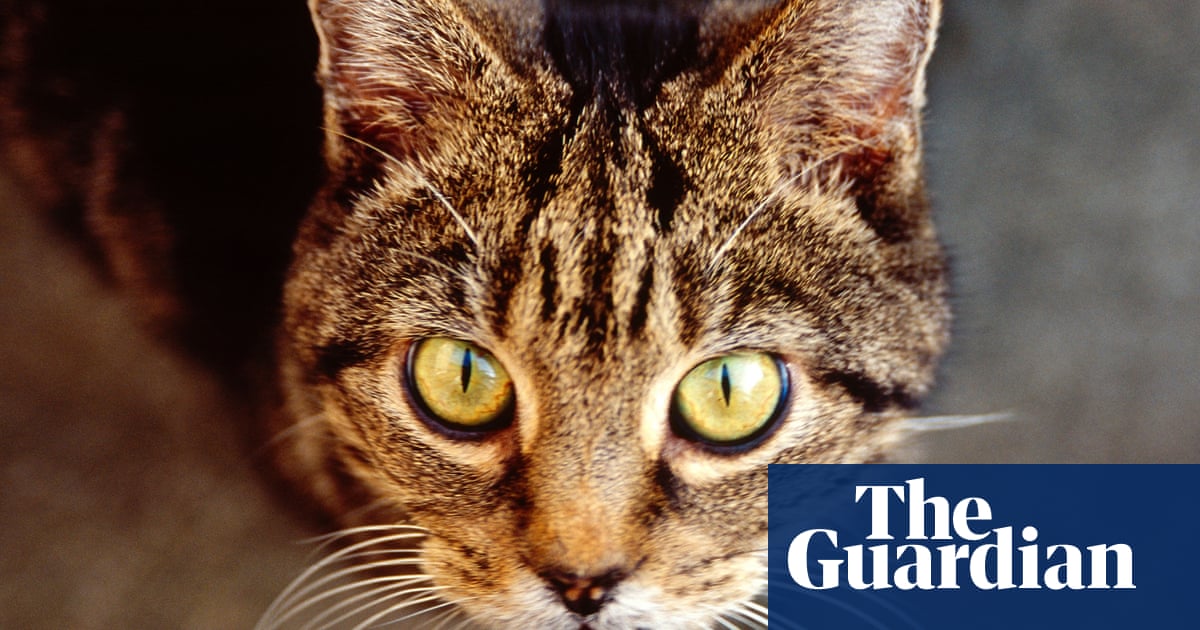
Why Are So Many Cats Being Poisoned Cats The Guardian
Coccidiosis In Dogs And Cats And Other Animals
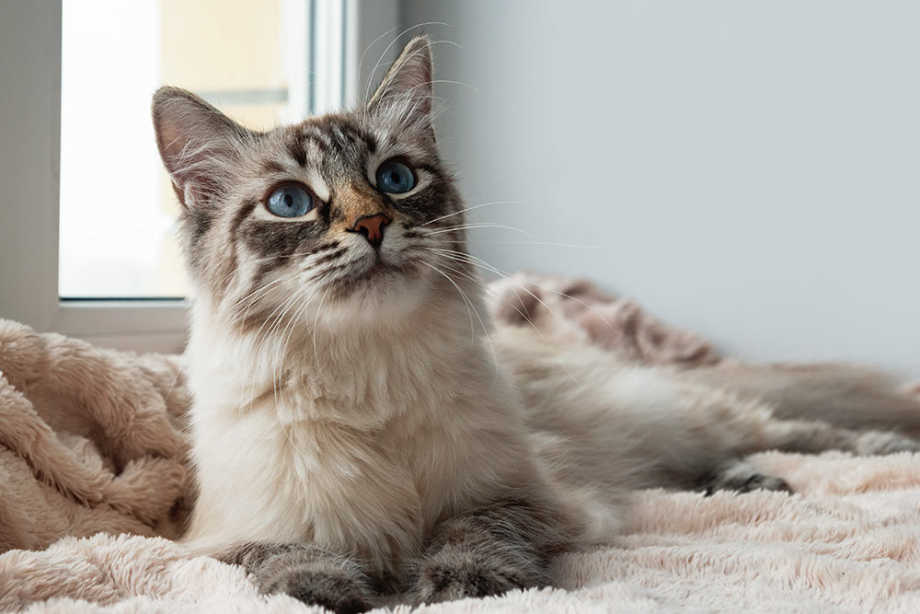
Coccidia In Cats Small Door Veterinary
Coccidiosis In Dogs And Cats And Other Animals
/ginger-cat-relaxing-1142424184-4e02175d72634795b60258da0a521b5f.jpg)
